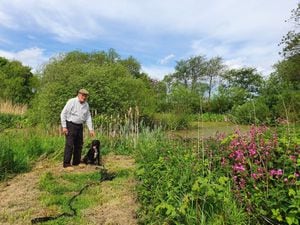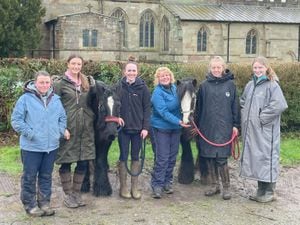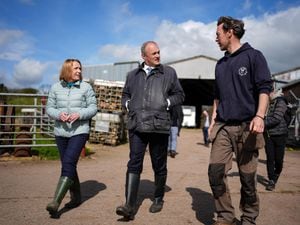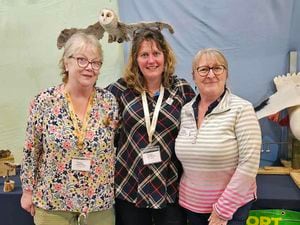Controlling microbial balance in housing could offer health and performance benefits
Pig and poultry farmers are being encouraged to think about the animal environment in the same way they would consider the internal health of an animal, with the formation of external positive biofilms offering the potential to improve health, welfare and productivity.

Managing the internal microflora and fauna of animals is a widely accepted concept within the pig and poultry sector. However, many are unaware that the microbial balance in the housing environment, especially on internal building surfaces, has as much of an impact on the health, welfare and performance of an animal as that within the gut.
Like inside the animal, housing also contains a whole host of bacteria with each shed containing its own unique microbiome. These microorganisms accumulate and stick together, forming a biofilm.
Most producers are aware that cleaning out sheds between batches and following a disinfection protocol can reduce pathogen load in the environment, but many bacteria may be resistant to disinfectants when contained within a biofilm and hence persist in the animals’ surroundings during the cycle or even during several cycles.
Bacteria is 1,000 times more likely to be resistant in a biofilm than it is in any other situation, making it extremely hard to control.
To reduce the accumulation of harmful microbes, I suggest taking a holistic and preventative approach to housing management by positively inoculating the environment with beneficial bacteria.
By introducing beneficial microbes into the environment, they will start to colonise the building, outcompeting negative microbes mainly coming from faecal microbiota such as E.coli or Enterococcus spp. Over time, these microbes will create a positive biofilm, making it much harder for bad bacteria to thrive, reducing the pathogen risk.
Lallemand Animal Nutrition has pioneered a range of microbial housing products which can be used in the pig and poultry sectors to help achieve a positive biofilm. All products can be applied directly to building surfaces and housing areas, and offer the additional benefit of improving litter and bedding quality.
For example, EazyBed PRO, which is a powder formulation, can be used in farrowing houses and to positively inoculate piglets skin microflora as they are born. This helps to increase their exposure to positive microflora and provide a barrier to any negative bacteria they may come into contact with in the environment from the native housing microflora, faecal, vaginal or skin microflora from the sow.
Lallemand Animal Nutrition’s environmental products will be a core focus at this year’s Pig and Poultry Fair this week and I invite anyone interested in finding out more along to stand number 55 in hall two.
Lientjie Colahan is product manager for animal environment solutions at Lallemand Animal Nutrition





